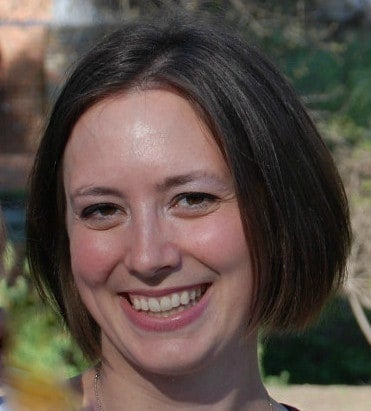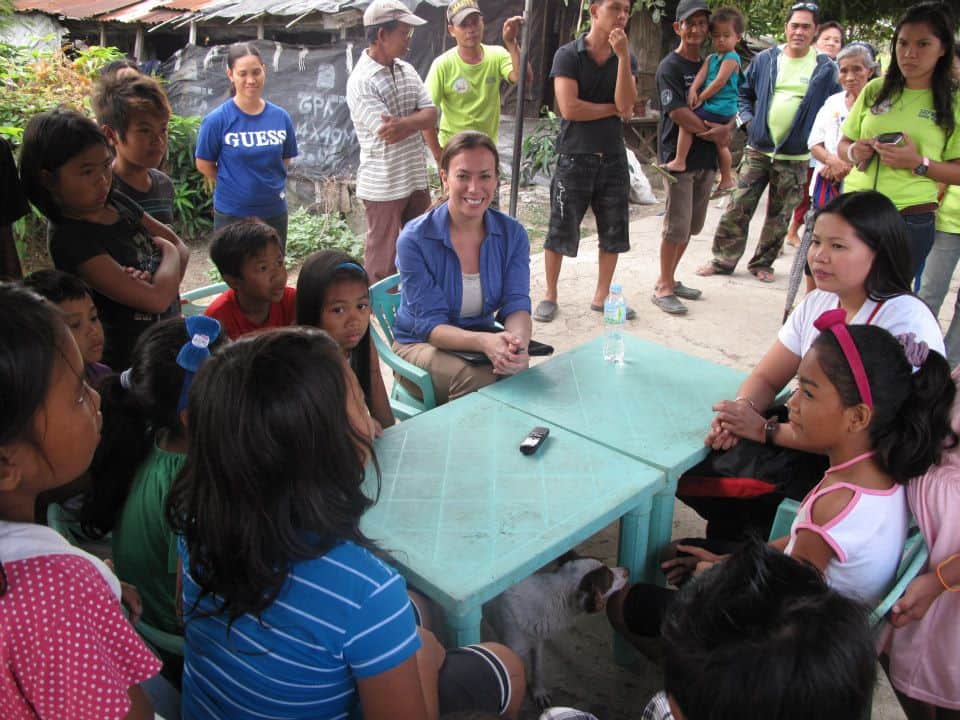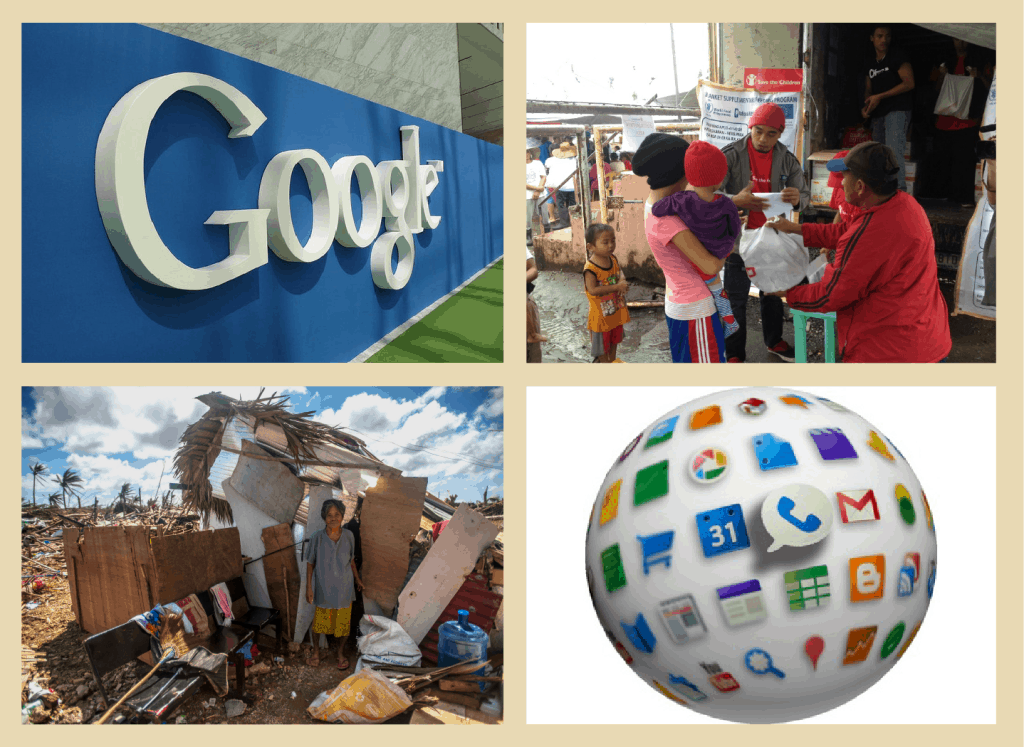Social work research is hard to describe in a few words. A cursory look at the School of Social Work doctoral student profiles reveals that their research interests are as diverse as human trafficking, technoculture, startups and social innovation, military mental health, and health-related issues such as coping with cancer.
“Our doctoral program provides rigorous training in research methods and social work theories,” said Dr. Cynthia Franklin, assistant dean for doctoral education. “But then each student uses those methods and skills in very different ways, and applies them to a wide variety of subjects. That’s the beauty of research in social work.”
The cohort walking across the stage of Bass Concert Hall at the School of Social Work graduation ceremony next week provides good examples of the wide variety of jobs that social workers with a doctoral degree are ready to tackle.

Take Megan Schlegel, for instance. Google has just hired her to review privacy and user policies, to figure out how to identify and eliminate child pornography from Google search results, and to determine what constitutes bullying in a video so that Google can make the decision to take it down.
“Most of my work will be examining what constitutes first-amendment-protected postings on the internet, what constitutes censorship by Google, and how do we decide the best ways to protect users from inadvertently viewing things like pornography or bullying,” Schlegel explained.
Through the doctoral program, Schlegel worked on criminal and juvenile justice policy. In her dissertation, which focused on juvenile sex-offender policies, she discussed how legislators determine what constitutes a sex offense, the rationale behind the stringent policies for these offenses, whether or not they have had any impact on deterrence or recidivism, and what is the impact on individuals when they are registered as sex offenders.
“I received excellent training in policy analysis at the School,” Schlegel said. “Being educated as a social worker helped me gain a broader perspective on the impact of policy on individuals and societies. I also received ample education in the creation of policy, advocacy for changing and implementing new policies, and how the legislative process works.”
The wider perspective that comes with a social work education was very attractive for Google.
“I think my work in the doctoral program and the experiences I gained at UT gave me a perspective that is unique in the high tech environment,” Schlegel said. “I will be working with an interdisciplinary team. Half of the team members are the engineers who create the algorithms to help identify and eliminate pornography and other things Google wants to protect their users from viewing. The other half of the team, which I will help manage, is people like me, who help decide what an image, video, or post is and if it is okay under user-policy guidelines.”

Very far from Google’s virtual world and deep into the hard reality of the post-typhoon Philippines, Tara Powell is visiting remote villages to help children and families cope with post-disaster trauma. In 2013, typhoon Haiyan was one of the strongest storms ever recorded at landfall. It left more than 6,000 people dead, nearly 2,000 still missing, and millions displaced when their homes were destroyed or washed away.
“I am working with national and international organizations to establish a system of care for mental health services in the country,” Powell said. “There is a lot of stigma around mental health issues here, so a main focus has been an awareness campaign to help people understand common reactions to trauma.”
Before starting the doctoral program, Powell was a school social worker in post-Katrina New Orleans. In this role, she clearly saw that there was a gap in mental health services for children who were suffering from both the trauma of the hurricane and the recovery period. Many had lost family members, had been relocated to new schools, and were living in areas where violent crime was the norm. To address the needs of these children, Powell joined a team of social workers who created “the Journey of Hope,” a school-based program to promote resiliency and help children cope with trauma.
When joining the doctoral program in 2009, Powell knew that her passion was to improve the lives of children and caregivers that survive disasters. She spent her time at the School of Social Work researching and developing post-disaster mental health programs for areas such as Alabama and Oklahoma City after a series of tornados, and New York after super-storm Sandy. She also started her international work, in New Zealand and Italy after earthquakes, in Japan after the Tsunami of 2011, and now in the Philippines.
This fall, Powell will join the school of social work at the University of Illinois Urbana/Champaign as an assistant professor. She plans to continue with her research and practice on post-disaster mental health.
“I hope to bridge research and practice in this field. Many programs being implemented now are not evidence-based, and at the same time there is much existing research on best practices that does not translate into the field. I want to bridge this gap,” Powell said.
“Employers value our social work doctoral graduates because of the diversity of their knowledge and practical research skills. This is why our graduates are being hired by Google, universities, the military, and many other industries,” Franklin said. “In addition to internet privacy policies and post-disaster mental health, the 2014 graduates are working on issues including intimate partner violence, child abuse, children whose parents are incarcerated, and better ways to assess student outcomes in social work education. It is a pleasure to graduate our 2014 doctoral class knowing that they are tackling problems that matter in society”.
Posted May 11, 2014. By M. Andrea Campetella


